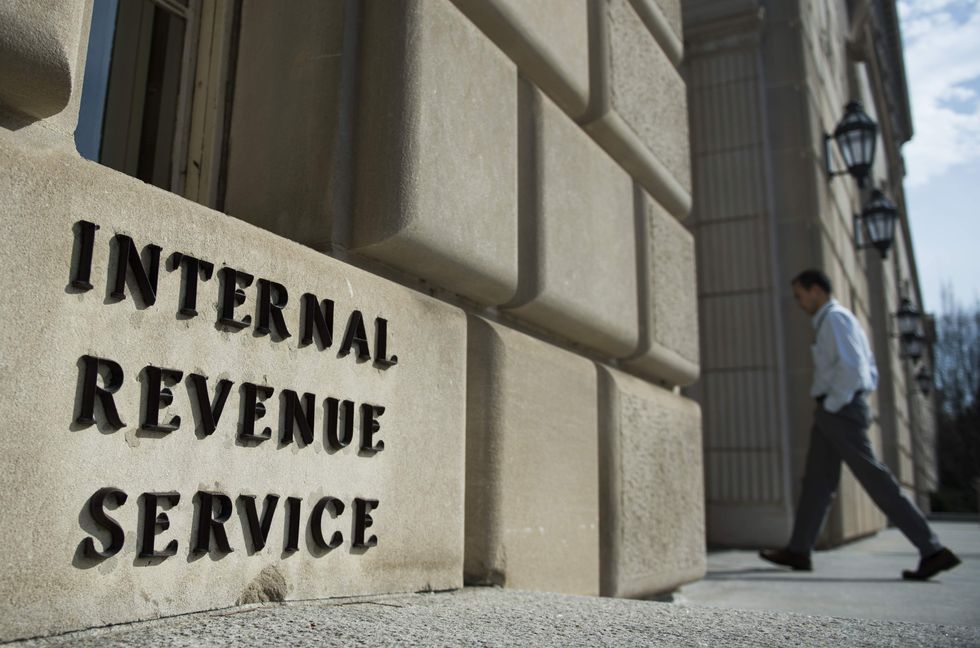
In a two-year span, the IRS seized millions of dollars from small business owners who committed no crime. (Getty Images)

According to a report by watchdog group, The Treasury Inspector General for Tax Administration, the IRS has been taking millions of dollars from businesses who committed no crimes, using asset forfeiture as the method by which to take the money legally without charges.
The investigation began in 2014 after several lawsuits had been filed by libertarian-leaning law firm, Institute for Justice, over the Internal Revenue Service seizing the life savings of various businesses for violating anti-structuring rules.
According to Reason, the rules were there to stop money launderers from evading federal banking regulations by making deposits under $10,000. The IRS took the actions of small deposits by small business owners as wrongdoing, despite no further evidence that the anti-structuring rule was being violated.
The end result was some $17 million seized from the bank accounts of business owners who in 90 percent of cases, committed no crime. What's more, the report released by TIGTA found that investigators violated internal policies such as not notifying those being interviewed of their rights, and improperly bargaining to resolve civil cases by using threats.
The inspector general found money seized and forfeited by the IRS was legally obtained in 91 percent of a sample of 278 structuring investigations it reviewed occurring between fiscal years 2012 and 2014. Altogether, those funds totaled $17.1 million and involved 231 cases."That is just a shocking, shocking statistic," says Robert Johnson, an attorney at the Institute for Justice. "It shows the cases we've been bringing are not isolated incidents by any stretch of the imagination. This is the bread and butter of what the IRS has been doing for years."
The inspector general also found that, in 54 cases, property owners gave reasonable explanations for why their deposits did not exceed $10,000, but in most of those cases there was no evidence that IRS investigated their explanations.
In addition, the inspector general found evidence "that in at least 37 cases the Government bargained non-prosecution in order to resolve the civil forfeiture." In other words, the IRS leveraged its civil forfeiture cases by threatening to file criminal charges.
While the outrage was enough to get the IRS to change their policies in 2014, the extent of the damage done before the overreach was discovered by the media was not released until now.
House Ways and Means Committee chairman Kevin Brady (R-TX) said that the TIGTA report "reaffirms our Committee's findings that the IRS has repeatedly and knowingly abused its authority to wrongly target and seize money from hardworking Americans."
"We commend TIGTA for issuing this report and building off of our work to bring IRS's abusive practices to light," he said. "These investigations are a critical part of holding the IRS accountable to the American people, as well as delivering justice to the innocent victims of the IRS."
In a statement, the IRS sent notifications to about 1,800 business owners who may have been a victim of the structuring cases, but unless challenged, the IRS will be keeping the money it seized.